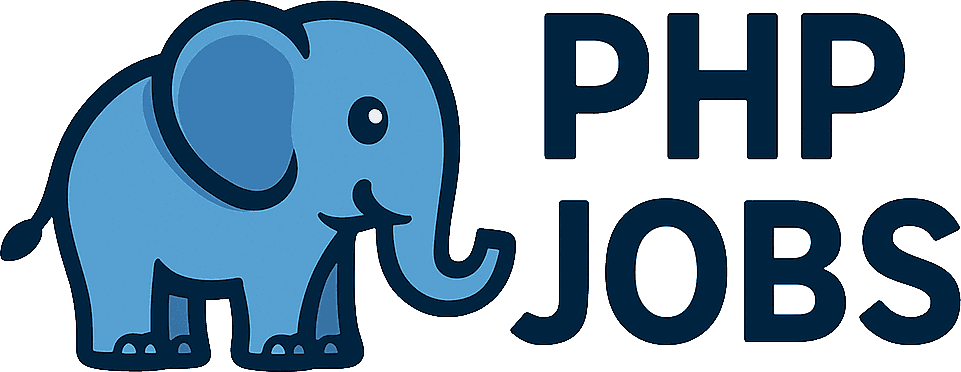PHP Maintenance Management Roles
Maintenance management in the context of PHP development refers to the ongoing support, improvement, and administration of existing web applications and systems. Unlike greenfield projects built from scratch, these roles focus on ensuring the stability, security, and performance of live, production codebases. A PHP developer in a maintenance role is crucial for business continuity and extending the lifecycle of valuable software assets.
Core Responsibilities and Duties
The day-to-day tasks in a maintenance management position are diverse and require a sharp eye for detail. Developers are responsible for diagnosing and resolving issues reported by users or monitoring systems, often under tight deadlines.
Key Tasks Include:
- Bug Fixing: Identifying, triaging, and patching software defects in legacy or production PHP code.
- Performance Tuning: Profiling applications with tools like Xdebug or Blackfire.io to identify and resolve performance bottlenecks.
- Security Patching: Applying security updates to frameworks (e.g., Laravel, Symfony, WordPress), libraries, and the underlying PHP runtime.
- Dependency Management: Regularly updating third-party packages using
Composerto mitigate vulnerabilities and ensure compatibility. - Code Refactoring: Improving the structure and readability of existing code without changing its external behavior to make it more maintainable.
Essential Skills
Success in a maintenance role requires strong debugging skills, a methodical approach to problem-solving, and proficiency with version control systems like Git. Familiarity with various PHP frameworks and the ability to quickly understand complex, unfamiliar code are also essential.
